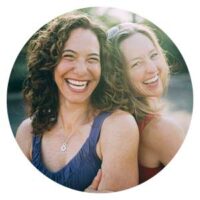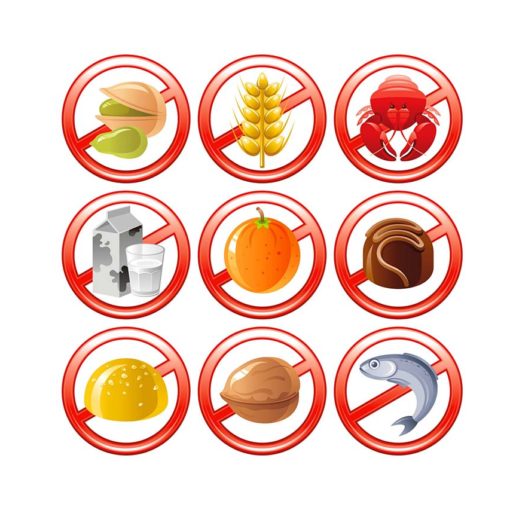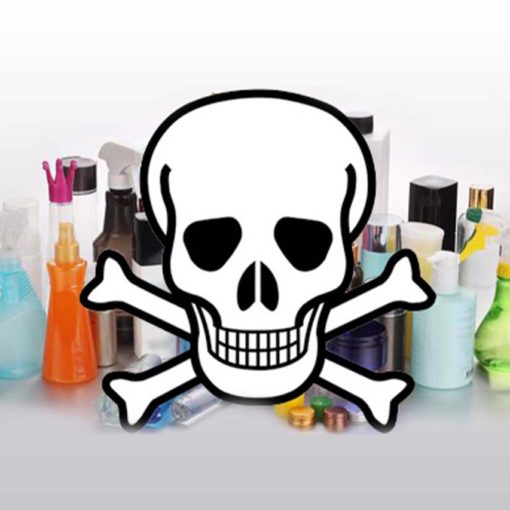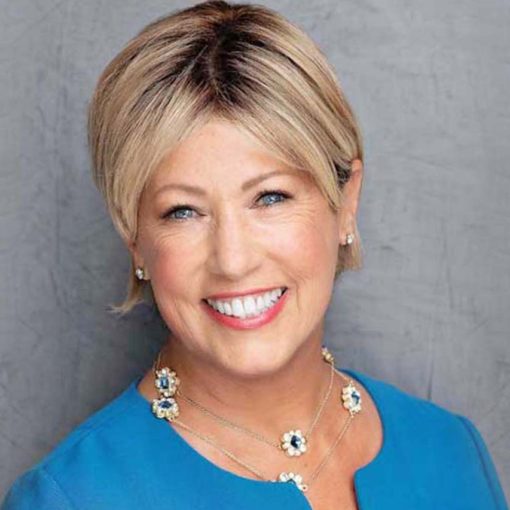Podcast: Play in new window | Download (Duration: 11:32 — 10.5MB)
Subscribe and don't miss an episode! Apple Podcasts | Spotify | Android | iHeartRadio | Deezer | RSS
When we go to the doctor or a health practitioner, we often concentrate on things we are lacking in our diet or lifestyle.
Perhaps you are low in vitamin D or you don’t eat enough green vegetables, so you are “prescribed” the supplement or specific foods. Or maybe you know you aren’t getting enough sleep, so you make an effort to get into bed earlier. Or your coach tells you to work out three days a week. You must exercise to be healthy, right? But, how often are you told to strengthen your connections or foster new friendships?
Connection is our Fifth Foundation.
Not having quality connections is just as unhealthy as eating a poor diet, smoking, being sedentary, and not getting enough sleep. Perhaps you are super healthy by having a stellar diet, ample sleep, and regular exercise, but you hardly connect with people on a meaningful level. This is just as unhealthy as smoking a pack of cigarettes every day. Fostering quality connections is a vital part of our health.
“We didn’t evolve as solitary, disconnected creatures. We’re social, and we need close, personal relationships to thrive.” Chris Kresser goes into depth about the need of humans to be connected. Imagine our ancestors, perhaps just from 100-150 years ago, wouldn’t understand the concept of a “single-family home.” People didn’t separate themselves. We evolved living in small bands of people, many of them family members. We were intimate with them, emotionally and physically, and we knew each other deeply. We could depend on each other, get support from each other, and feel deep love for each other. This was part of being human. So, how did we get so far from this model?
We’ve created a simple, three part exercise to help you assess your connections. We then share ideas to strengthen quality connections.
Exercise: Assess your current connections:
- On a piece of paper, write down the top five people you spend most of your time with. This may not be the top five people you care about, necessarily. It’s literally the people you spend the most hours of your days with.
- Next, write down five people in your life who a) encourage healthy habits b) challenge you mentally (in a positive way), and c) are reliable–someone you could call at 2:00 a.m. if you needed to.
- How do your lists match up? Is there anyone on both lists? If so, this is a chance to be grateful. If not, how can you add someone from your second list to your first list? Here are some suggestions on making that happen:
Ideas to strengthen your quality connections:
- Create space in your day. Maybe this means tracking your time for a typical day or two. You might be surprised to see that you have gaps in your day OR there are some things you can let go of to make space. With some of this new-found time, consider connecting more often with the people you love by scheduling get togethers, whether they are an hour long or a weekend. Make it a priority to see them in person.
- Join a group of like-minded people: a book club, volunteer group, or a special interest group with similar hobbies or beliefs. Common interests often lead to deeper connections.
- With the people you care about and do spend time with, concentrate on increasing the quality of time together — have deeper conversations, put away your electronic devices, practice listening, be curious about what that person is saying, be interested. It may seem too simple, but give it a try. You may be surprised how rich the connections can be.
- Psychologist Leo Buscaglia (1924–1998), aka Dr. Love, commented on the power of seemingly minor everyday interactions with people: “Too often we underestimate the power of a touch, a smile, a kind word, a listening ear, an honest compliment, or the smallest act of caring, all of which have the potential to turn a life around.”
We encourage you to do this exercise and give these ideas a try. Experiment with your interactions throughout the day and see what happens. Your long-term health depends on it. We’d love to hear your stories…






